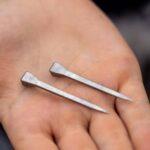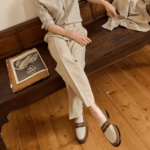Even if you love your current sunglasses and think that there is nothing wrong with them, you still might need a new pair. Research has shown that UV protection may deteriorate over time, which is why you should invest in sunglasses with 100% UV protection. Factors such as lens colour, polarization, or darkness shouldn’t play that big of a role in your buying decision as they don’t block UV rays. However, size and fit matter. In this case, bigger is better if you spend a lot of time outdoors.
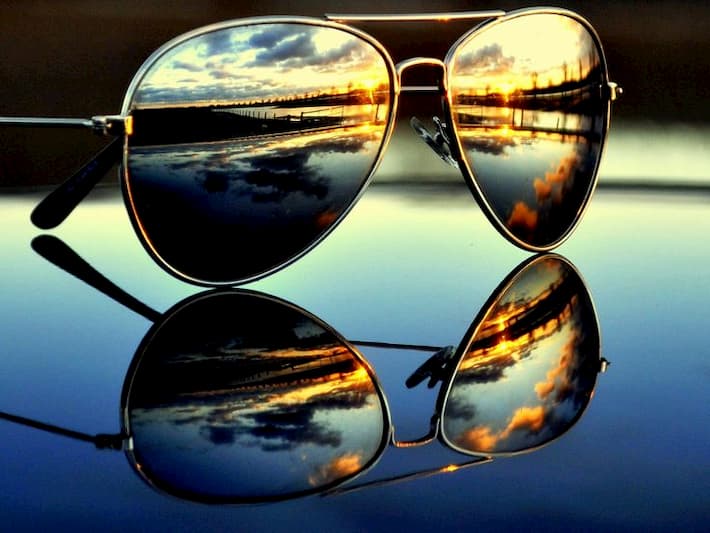
Source: JB FASHION
Luckily, today changing your glasses won’t necessarily cost you a small fortune. If your frames are in good condition, you can opt for glasses lens replacement. That way, you can enjoy wearing your favourite sunnies for years to come and will make sure your eyes are protected from the harmful sun rays.
Why is important to maintain maximum UV protection?
No matter how quality and how expensive your lenses may be, they are bound to become less effective over a certain period of time. Although the material of the lens offers some level of UV protection, most of the protective efficiency comes from the external coating of pigments and dyes that absorb and reflect UV radiation. With time, these barriers deteriorate and the usual wear and tear, such as scratches, also decrease the UV protection.
Furthermore, prolonged exposure to UVA and UVB rays may cause some serious eye damage such as pterygia, oracular cancer, cataracts, pingueculae and macular degeneration. All of these are accompanied by deformity, discomfort and/or different varieties and degrees of vision loss and in more serious cases – blindness. But even if you don’t overexpose yourself to the sun, you are still not completely safe as you may still develop photokeratitis, a corneal sunburn that comes with pain, light sensitivity, swelling and vision loss. These are common conditions in people who spend too much time skiing or boating without sunglasses.

Source: All About Vision
Water and snow activities may increase the risk of UV exposure because these environments are highly reflective. However, boaters and skiers are not the only ones who are at risk. Anyone who spends a significant amount of time outdoors can be at an increased risk of UV overexposure. Because of this, replacing your lenses after a certain period of time is the best and most affordable way to maintain maximal UV eye protection.
Why should you replace your lenses?
Keep in mind that not all scratches are visible. And if you are wondering how to repair scratched sunglass lenses, you should know that not all of them can be fixed. Even if your sunnies still look good and try to keep them in a daypack as much as possible, there may be some invisible web of tiny abrasion that decreases the protection level of the lens. Another factor that affects lenses’ effectiveness is the natural environment. This means the more time you spend outdoors and expose your sunglasses to the sun, the more quickly their protective pigments and dyes will become ineffective.
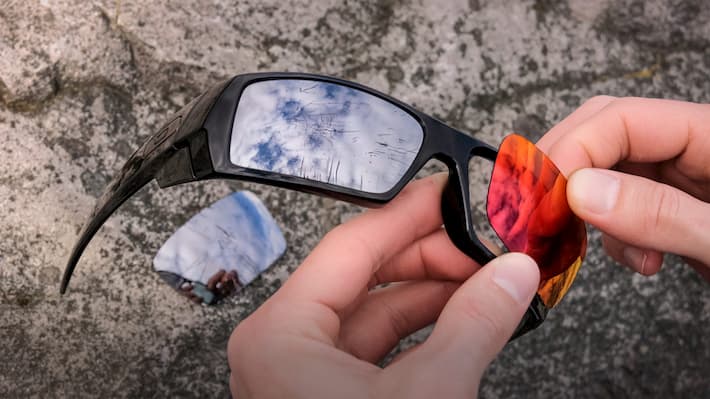
Source: Revant
How often to replace your lenses
There isn’t really one answer that’s suitable for all kinds of sunglasses. The right time for you to opt for a glasses lens replacement will depend on how frequently you use your glasses and how often they are exposed to the sun’s harmful rays. However, several studies suggest that the UV coating deteriorates after two years – if the glasses were worn for about two hours a day. This means, for the average wearer, two years is a reasonable time for sunglass lens replacement.
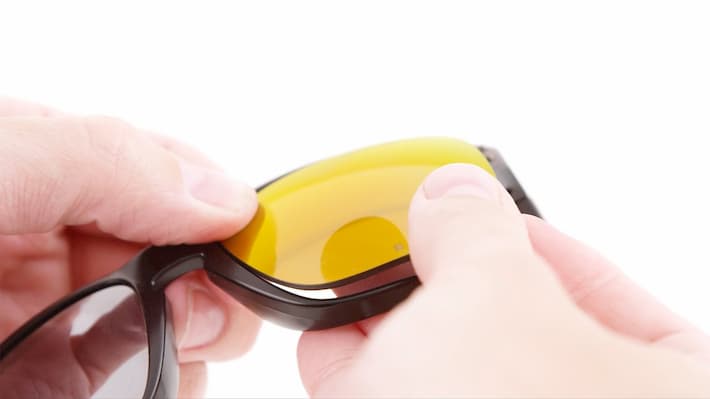
Source: YouTube
On the other hand, people who wear their sunglasses longer than two hours a day may need to replace their lenses more often. If you are not sure whether you should change your lenses just yet, you can always contact a sunglass retailer and ask whether they can help you estimate the efficiency of the UV protection of your glasses.
If you were wondering how much do sunglass lenses cost, again, there is no right and wrong answer for all. It all depends on the type of sunglasses they need to be installed on, the frames of the sunglasses as well as on the type of lens used in the frame. Although some of these lenses can be costly, they are a much cheaper alternative than buying brand new sunglasses if you tend to spend a lot of time outdoors.

